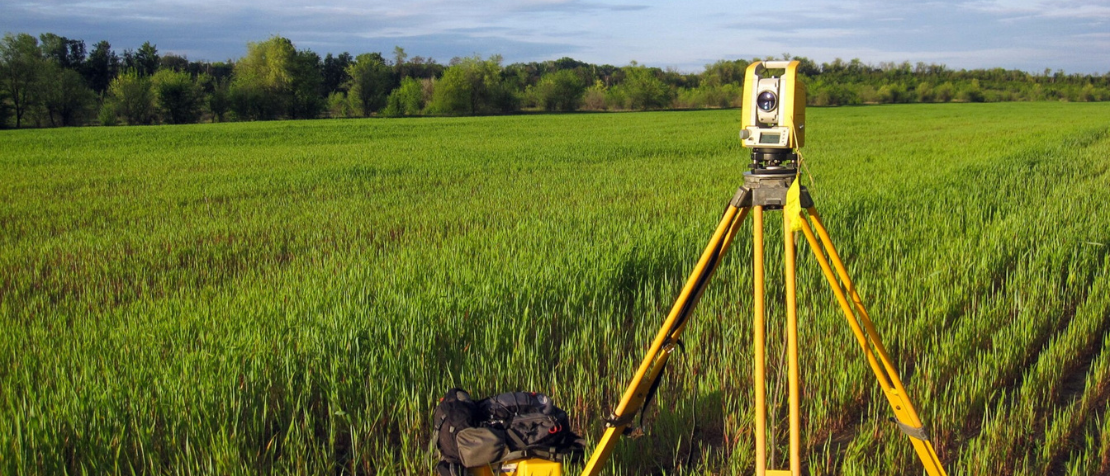Kazakhstan to host dialogue on responsible land governance to support land restoration

©FAO
Kazakhstan will be the first country to host a national dialogue supported by the Food and Agriculture Organization of the United Nations (FAO) and the United Nations Convention to Combat Desertification (UNCCD). The consultation will be convened by the UNCCD Focal Point for the Republic of Kazakhstan and the Committee for Land Resources Management in the Ministry of Agriculture from 6 to 7 December 2023 in Astana. It will be attended by representatives from the land governance and land management sectors from the national and local government, academia, development partners, civil society, and the private sector.
The aim of the event is to exchange experiences and share knowledge on the role of secure tenure in improving natural resource management practices and rural livelihoods and to bring together diverse actors to raise awareness and enhance collaboration on sustainable land use and tenure security issues.
The consultation will be hosted directly after the celebration of World Soil Day on 5 December 2023 and feed into Kazakhstan’s efforts to update the National Action Plan to combat desertification and restore already degraded lands, while ensuring sustainable development.
Land resources, the foundation of the wealth of societies and economies all over the world, are under considerable pressure. Human activities such as grazing, deforestation and agricultural expansion have degraded 70 percent of the Earth’s land area and considerably contributed to climate change. The consequences of degraded land significantly impact global food systems, biodiversity and ecosystem services, and societies, especially highly vulnerable groups.
Fighting poverty and hunger and ensuring sustainable natural resource management largely depends on equitable access to land and natural resources, as are defined and regulated by tenure systems. Insecure or inadequate tenure rights can drive degradation, vulnerability, poverty and hunger and lead to conflict over natural resources. However, responsible land governance with improved tenure security can support the shift from degradation to restoration, reduce poverty, improve food security, support biodiversity conservation, climate change mitigation and adaptation, avoid resource conflicts and empower women, youth and marginalized groups.
At the Fourteenth Conference of the Parties of UNCCD in 2019, a landmark decision on land tenure was adopted with Parties acknowledging the importance of land tenure and land governance in combatting desertification, land degradation and drought. The Convention and FAO were requested to work together to integrate the ‘Voluntary Guidelines on the Responsible Governance of Tenure of Land, Fisheries and Forests’ (VGGT) into the implementation of the Convention and land degradation neutrality activities.
To integrate land governance and tenure considerations into national efforts to achieve land degradation neutrality and support land restoration, parties to the Convention were encouraged to host participatory and inclusive dialogue and consultations at the national level. In May 2023, a call for applications was launched for countries to request support in organizing these national consultations on the integration of land tenure into land degradation neutrality targets, plans, programmes and activities.
“Kazakhstan formulated their land degradation neutrality targets in 2017 and has set a goal of a neutral balance of land degradation by 2030, as well as to increase the efficiency of land use, improve irrigation, restore abandoned agriculture lands, maintain water bodies and to strengthen tenure rights and land governance. This dialogue will be the start of implementation of actions to achieve these goals,” said FAO programme coordinator Zhanyl Bozayeva.
